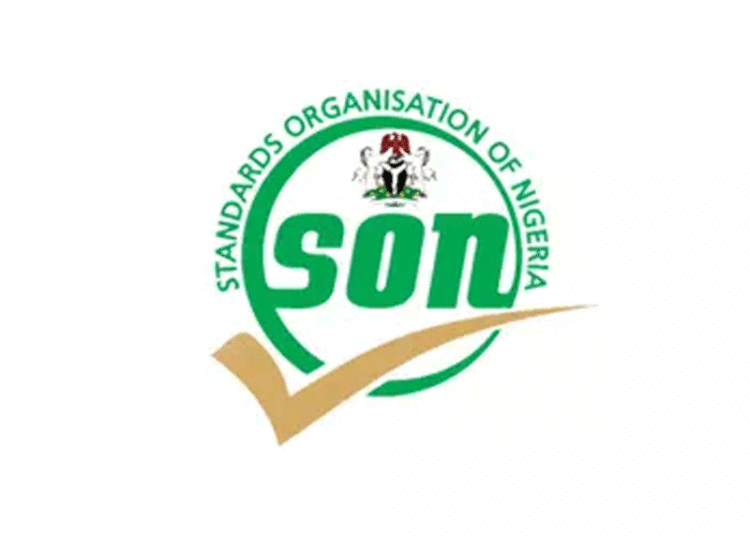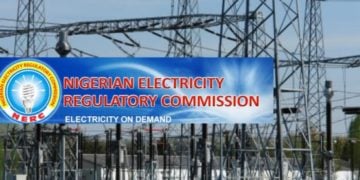The Standards Organisation of Nigeria (SON) is repositioning Nigeria’s import of air conditioning systems such that pre-shipment inspections takes pre-eminence going forward.
The head electrical division of the SON, Engr. Lawal Ismaila told LEADERSHIP on the sidelines of a technical session organised by the Energy Commission of Nigeria (ECN) for key stakeholders in Lagos, that the agency would be engaging inspection partners in countries where those products are coming from.
Ismaila said, energy is a challenge to the country and efforts should be made to utilise the energy produced.
The SON’s move to reduce importation of energy consuming air conditioning systems is coming as Nigeria steps up efforts to promote energy efficiency in line with Nigeria’s Nationally Determined Contributions.
The ECN recently assembled key stakeholders to a technical session in Lagos which focused on enhancing stakeholder capacity to comply with the newly approved Minimum Energy Performance Standards for air conditioners nationwide.
The director general of the commission, Mustapha Abdullahi, speaking at the event titled ‘Scaling Up Energy-Efficient and Climate-Friendly Cooling in Nigeria NDC Review,’ explained that, it was being executed with technical assistance from the United Nations Environment Programme and funding from the Clean Cooling Collaborative.
Represented by the acting director and ECN’s head of Energy Transition Unit, Shehu Mustapha, the DG noted that, the main objective of the project was to accelerate the transition to energy-efficient and climate-friendly (low-GWP refrigerant) ACs in residential, commercial and public buildings which contribute to meeting Nigeria’s climate targets in our National Determined Contributions in a cost-effective and sustainable manner.
“This is in line with President Bola Ahmed Tinubu’s Renewed Hope Agenda on enhancing efficiency and fostering the development of renewable energy sources. One of the key outcomes of the project was the review of the minimum energy performance standards for air conditioners.
“The Technical Committee meeting to review the draft MEPS was held in June 2024, and the standards had since been approved by the federal government, so it is necessary to communicate the contents of the new standards to all relevant stakeholders, including end-users of air conditioners. Among these stakeholders are manufacturers, importers, and distributors, who play a critical role in bringing the product to the market. To promote compliance with the newly approved MEPS, it is essential to build the capacity of these critical stakeholders,” he stressed.
Ismaila, during the meeting, noted that, SON developed a standard in compliance with international bodies such as ISO and IEC in order to improve efficiency by phasing out all the dangerous gases and those dangerous refrigerants in the environment.
He said: “There is a need for us to domesticate this standard and create awareness for manufacturers, importers, users and all of us to be very much aware of the dangers inherent in the old air conditioners which have to do with dangerous gases. Apart from this, old air conditioners consume so much power, while the new ones consume much less power and are more efficient, provide more cooling, and are, of course, environmentally friendly.
“In the course of developing the standard, we engaged members of the Nigerian Association of Refrigeration and Air Conditioning Practitioners as part of the stakeholders before coming up with the MEPS, which centres on energy management and environmental protection.”
The national coordinator, Nigeria Sustainable Cooling Project, United Nations Environment Programme, Etiosa Uyigue, while assessing the project overview, noted that, the project under the Abating Greenhouse Gas Emissions from Obsolete RAC Equipment in West Africa, otherwise called the AGORA project, is going to be referenced to the standards that have been put in place.
He said, “essentially, we have not done a precise standard for refrigerators yet, but it’s likely going to be that the AGORA project will focus more on the air conditioners than the refrigerators. We already have a revised standard for that. So, beyond that, we are talking about the architect’s ban on the use of pollution and air conditioning. We have to stop it, but the policy we have on that allows you to bring in used air conditioners. And this is not an architect ban yet. But we are also working towards putting an architect’s ban on the use of used air conditioners and refrigerators.”
Also, the executive director, SRADev Nigeria, Leslie Adogame, noted that, for a country like Nigeria that suffers from energy poverty to a large extent, we need to key into what we call efficient means of energy supply.
“We are a nation trying to move towards net zero, which covers every component of equipment as far as energy supply is concerned. The workshop is very key and timely because we are in an era where there’s a kind of synergy happening towards the sector of air conditioners and refrigerators.
“The MEPs is to put in place a standard which says if any importer is going to bring in any air conditioner into this country, it must meet the standard specified in terms of both energy consumption and also in terms of environmental friendliness,” Adogame pointed out.





